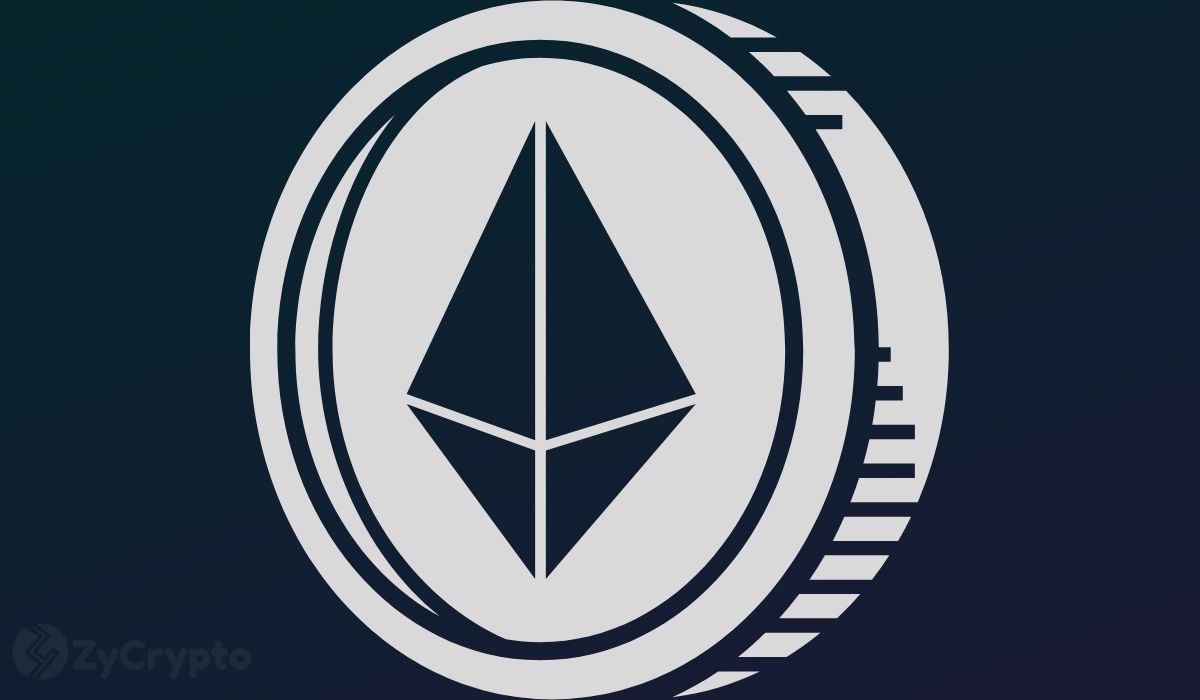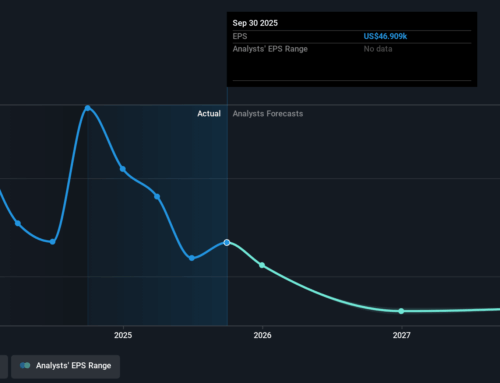Ethereum’s Vitalik Buterin Signs New Decentralization Manifesto Amid Growing Criticism
November 15, 2025
Advertisement
 
 
Ethereum co-founder Vitalik Buterin restated his commitment to decentralization in a new “Trustless Manifesto”. The document, co-authored by Ethereum’s executives, urges builders not to prioritize intermediaries for ease of adoption. The network recently came under fire for backpedaling on the core decentralization principles due to staking cost.
The new document, published by Buterin, Yoav Weiss, and Marissa Posner, Ethereum Foundation researchers, seeks to build trust promised in the early days of blockchain development. According to the release, developers should check for censorship and avoid third-party services.
Blockchains were built as decentralized networks, a significant shift from traditional payment systems. However, modern complexities have led to developers inputting some form of centralized points to scale adoption.
Over the years, many developers have cited the ease of building, describing them as harmless to the average network due to their diverse mechanisms. However, Buterin and other pro-crypto enthusiasts disagree with the trend.
For Buterin, the moment builders integrate a hosted layer, it becomes a trend that could become harmful, as it reduces the permissionless feature and makes it dependent. While speed is integral to modern adoption, trust is a better currency.
“Trustlessness is not a feature to add after the fact. It is the thing itself. Without it, everything else, efficiency, UX, scalability, is decoration on a fragile core. When complexity tempts us to centralize, we must remember: every line of convenience code can become a choke point… We measure success not by transactions per second, but by trust reduced per transaction.”
Buterin continues to stress his commitment to decentralization following recent criticisms around the Ethereum network. After its milestone Merge, which transitioned it to a proof-of-stake mechanism, the community criticized high prices, which initially placed staking in the hands of centralized groups.
Recently, the Ethereum Foundation came under scrutiny over funding issues following the transfer of assets to specific projects. Meanwhile, Buterin has doubled down on scaling the network through solutions that enhance privacy and decentralization.
Ethereum hosts the highest number of decentralized applications (dApps), making it instrumental in the wider ecosystem. With fewer intermediaries, developers can use the network as a template for other platforms.
Digital asset enthusiasts pointed to the Amazon Web Services crash recorded last month as a negative effect of centralization. The glitch led to a halt in services across multiple fields.
Search
RECENT PRESS RELEASES
Related Post






